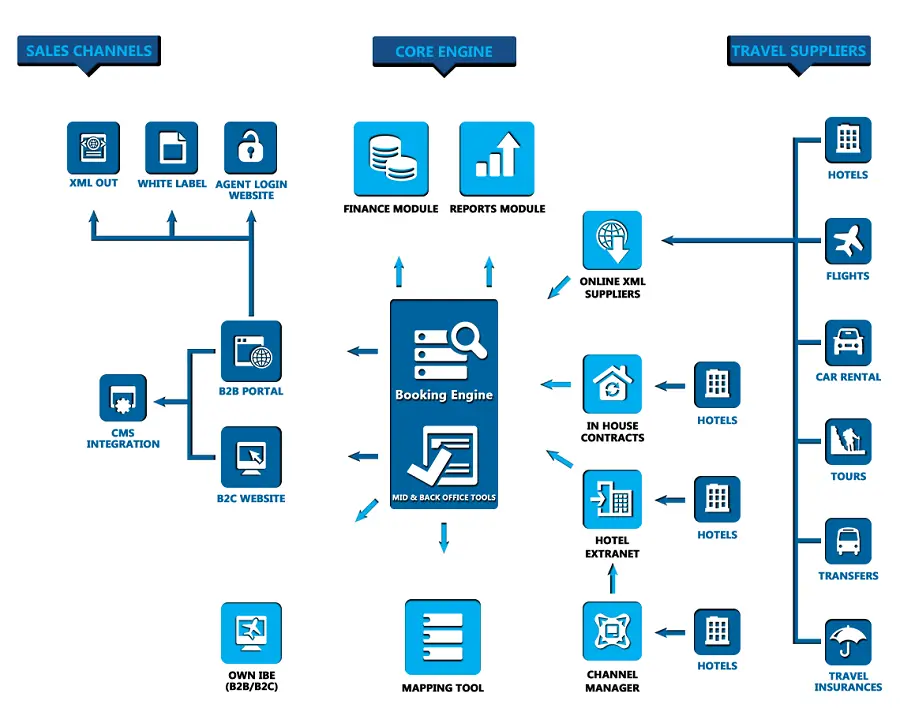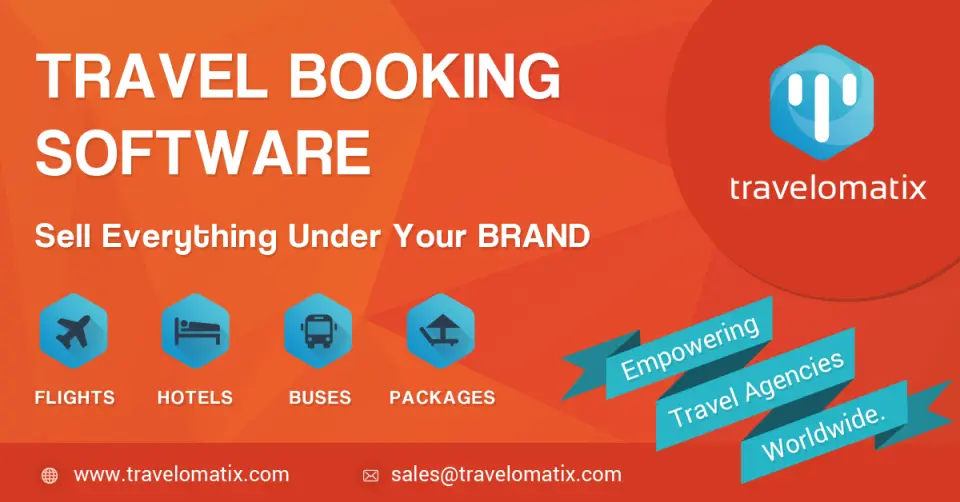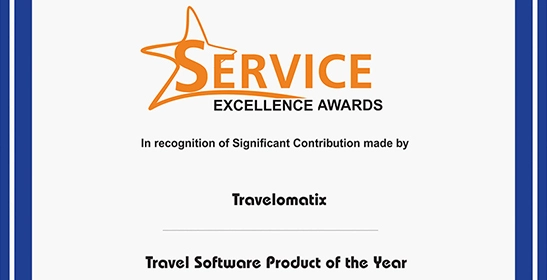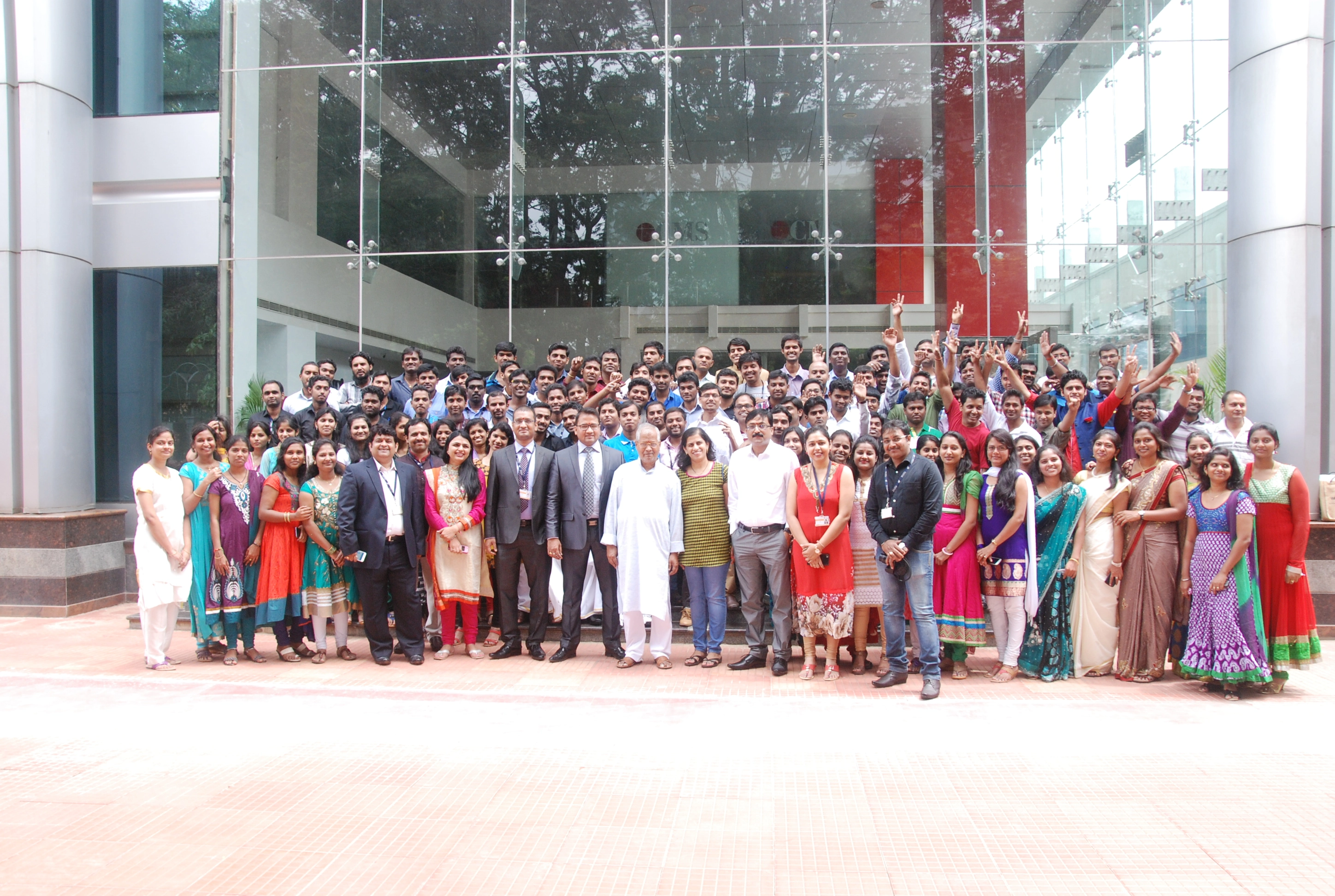How to Develop Hotel Booking Software in Australia (2024)
29 June, 2024
Soren
A hotel booking software with multiple suppliers is an online platform that aggregates hotel listings from various booking sources, such as individual hotel websites, online travel agencies (OTAs), and wholesalers. This type of search engine enables users to compare prices, availability, and amenities across a wide range of accommodations in one convenient location. By pulling data from multiple suppliers, it provides travelers with a comprehensive overview of their options, making it easier to find the best deals and tailor their search according to preferences like location, price range, and specific requirements.
The demand for
hotel booking software in Australia
has surged significantly in recent years, driven by the country's booming travel and tourism sector. As more people are traveling for both leisure and business purposes, there is a growing need for platforms that allow users to easily compare hotel options and prices. Consumers in Australia increasingly prefer to research and book accommodations online, making hotel search engines an essential tool for both domestic and international travelers. This shift towards digital hotel booking is further accelerated by the rise of mobile internet access, with more users turning to smartphones to plan their trips.
As per the current market research, the global tourism market size is expected to record a CAGR of 3.7% from 2023 to 2032. In 2023, the market size is projected to reach a valuation of US$ 8,880 Billion.
By 2032, the valuation is anticipated to reach US$ 12,314 Billion. ‘All-in-one-place’ online travel portal platforms have improved the user experiences to another level. According to
Statista, OTA revenue is expected to show an annual growth rate of 10.8% over the next five years.
Travelomatix empowers global travel agencies, DMCs and OTAs (online travel management companies) by providing next-generation
hotel booking software
solutions and customer experience services through booking platforms. We develop optimized key travel technology applications, including hotel search engines, reservation systems, internet booking engines, Passenger Service Systems (PSS), departure control systems, and more. Leveraging its expertise, Travelomatix facilitates the seamless interconnection of business processes, empowering companies to swiftly adapt to evolving demands.
How to Develop Hotel Reservation Software in Australia : A Complete Guide in 8 Steps
Developing hotel reservation software in Australia involves several key steps. Do have a look at following steps
Step 1 : Market Research
Analyze the need of the
hotel reservation software
, identifying the needs of travel agencies and customers. Understand the competitive landscape and gather insights on features that are in demand.
Step 2 : Define Software Requirements
Based on your research, outline the core features and functionalities of the online hotel reservation software. Consider aspects like booking management, CRM, payment processing, itinerary planning and supplier / hotel apis integration.
Step 3 : Choose the Tech Stack
Decide on the technologies you will use for hotel software development. This includes selecting programming languages, frameworks, databases, and hosting solutions that align with your travel project’s needs.
Step 4 : Design the User Interface (UI)
Create wireframes and prototypes for the reservation software. Focus on user experience (UX) to ensure the application is intuitive and easy to navigate for both travel agents and customers.
Step 5 : Development
Create wireframes and prototypes for the reservation software. Focus on user experience (UX) to ensure the application is intuitive and easy to navigate for both travel agents and customers.
Step 6 : Testing
Conduct thorough testing, including unit testing, integration testing, and user acceptance testing (UAT). Identify and fix any bugs or issues to ensure the hotel reservation software is reliable and user-friendly.
Step 7 : Deployment
Once testing is complete, deploy the hotel reservation management software on a live server. Ensure that all components are functioning correctly and that data is secure. Consider using cloud solutions for scalability and accessibility.
Step 8 : Ongoing Support and Updates
After deployment, provide ongoing support to users and regularly update the software to fix bugs, add new features, and enhance security. Gather user feedback to continuously improve the application.
Important Benefits of Hotel Booking Software with APIs / Suppliers
Hotel reservation software that integrates multiple suppliers offers numerous benefits for hotel operators. First, it streamlines the booking process by consolidating data from various sources, allowing hotels to manage their inventory efficiently and avoid overbookings. With real-time updates on availability and pricing, hotels can respond promptly to market changes, optimizing their rates to maximize occupancy and revenue. This integration also simplifies the management of different distribution channels, enabling hotels to reach a broader audience and increase their online presence without the complexity of managing multiple systems.
Hotel reservation software that integrates multiple suppliers offers numerous benefits for hotel operators. First, it streamlines the booking process by consolidating data from various sources, allowing hotels to manage their inventory efficiently and avoid overbookings. With real-time updates on availability and pricing, hotels can respond promptly to market changes, optimizing their rates to maximize occupancy and revenue. This integration also simplifies the management of different distribution channels, enabling hotels to reach a broader audience and increase their online presence without the complexity of managing multiple systems.
Furthermore,
travel agent booking software
equips agencies with valuable analytics and reporting tools. These features enable agencies to monitor sales trends, customer preferences, and operational performance, facilitating data-driven decision-making. By streamlining operations and enhancing service quality, travel agency software not only helps agencies grow their business but also fosters long-term customer loyalty, essential in a competitive travel market.
Key Features of Hotel Booking Software with Aggregators / Wholesalers
Hotel room booking software
with suppliers typically includes several key features that enhance both hotel management and guest experience:
Centralized Inventory Management
This feature allows hotels to manage their room availability across multiple suppliers in real-time, minimizing the risk of overbooking and ensuring accurate inventory representation.
Multi-Channel Distribution
The software integrates with various online travel agencies (OTAs), hotel websites, and other booking platforms, enabling hotels to reach a broader audience and manage all bookings from a single dashboard.
Dynamic Pricing and Rate Management
Hotels can set competitive pricing strategies with the ability to adjust rates based on demand, seasonality, and competitor pricing, helping to maximize revenue.
User-Friendly Booking Engine
A seamless and intuitive booking interface for guests, allowing them to easily search for rooms, compare prices, and complete their reservations without hassle.
Customer Relationship Management (CRM)
This feature helps hotels track guest preferences, past stays, and feedback, enabling personalized communication and improved guest relationships.
Reporting and Analytics
Comprehensive reporting tools provide insights into occupancy rates, revenue, and booking trends, helping hotel managers make informed decisions and refine their strategies.
Payment Processing
Secure and diverse payment options allow for easy transactions, accommodating various payment methods while ensuring guest data security.
Mobile Compatibility
Many systems offer mobile-friendly interfaces, enabling both hotel staff and guests to manage bookings on-the-go, enhancing convenience and accessibility.
Integration with Other Systems
The software often integrates with property management systems (PMS), accounting software, and channel managers, creating a cohesive operational ecosystem.hotel staff and guests to manage bookings on-the-go, enhancing convenience and accessibility.
Multi-Language and Currency Support
Catering to international travelers, the software typically supports various languages and currencies, enhancing usability for a diverse clientele.
What software do travel agents use?
Travel agents typically use a range of management software solutions to manage their operations and enhance service delivery. One of the primary tools is booking management software, which enables agents to search for and book flights, hotels, and other travel services efficiently. This software often integrates with Global Distribution Systems (GDS) like Amadeus, Sabre, or Travelport, providing real-time access to inventory and pricing from various suppliers. Additionally, many agencies utilize customer relationship management (CRM) software to track client interactions, preferences, and history, allowing for personalized communication and targeted marketing efforts.
Beyond booking and CRM, travel agencies may also employ itinerary planning tools to create and share detailed travel itineraries with clients, ensuring all aspects of the trip are organized. Accounting and invoicing software is also essential for managing finances, processing payments, and generating reports. Finally, analytics and reporting tools help agencies monitor sales performance, customer behavior, and market trends, enabling data-driven decision-making that can enhance operational efficiency and growth. Together, these software solutions form a comprehensive ecosystem that empowers travel agents to provide exceptional service and compete effectively in the market.

How hotel booking software can transform your travel business?
An
online hotel booking software
can significantly transform your travel business by streamlining operations and enhancing customer experiences. With automated hotel room booking systems, agents can quickly secure hotel room bookings and other services, reducing manual errors and saving valuable time. The software’s customer relationship management (CRM) features allow for personalized communication and tailored offerings based on client preferences, fostering stronger relationships and improving overall satisfaction. This efficiency not only boosts productivity but also enables agencies to handle a larger volume of clients with ease.
Moreover, the analytical tools embedded in hotel reservation software provide insights into sales trends and customer behavior, empowering agencies to make informed business decisions. By leveraging this data, agencies can develop targeted marketing strategies, optimize pricing, and identify new business opportunities. This strategic approach, combined with enhanced service delivery, positions travel agencies to adapt to changing market dynamics, ultimately driving growth and ensuring long-term success in a competitive landscape.
Key benefits of choosing Travelomatix as your hotel booking software development partner -
Choosing the right hotel room booking software can have significant positive impacts on a business in the travel and tourism industry. Thats why partnering with Travelomatix will have following benefits:
Innovative Solutions - A reliable travel technology company will offer innovative solutions that align with industry trends, helping your business stay competitive and meet evolving customer demands.
Operational Efficiency - The right partner provides tools and platforms that enhance operational efficiency, streamlining processes such as booking, reservations, and customer management.
Scalability - A suitable partner will offer scalable solutions, allowing your business to expand its operations seamlessly without major disruptions.
Global Connectivity - Integration with global distribution systems (GDS) and other relevant APIs ensures access to a wide range of travel services and suppliers worldwide.
Enhanced Customer Experience - Innovative features and user-friendly interfaces contribute to an enhanced customer experience, from booking to post-trip interactions.
Cost-Effectiveness - The right partner provides cost-effective solutions, giving your business value for money without compromising on quality.
Security and Compliance - A reliable partner prioritizes security, implementing robust measures such as encryption and compliance with industry standards to protect sensitive customer data.
Customer Support - Responsive and efficient customer support from the technology partner helps address issues promptly, ensuring smooth operations and customer satisfaction.
Customization Options - Flexibility and customization options allow your business to tailor the technology to its unique needs, reflecting your brand and specific requirements.
Integration Capabilities - Seamless integration with other business tools (e.g., CRM systems, accounting software) ensures a cohesive and connected operational environment.
Data Analytics and Reporting - Advanced analytics and reporting functionalities provide valuable insights into customer behavior, helping your business make informed decisions and optimize strategies.
Innovative Features - Regular updates and the introduction of innovative features keep your business at the forefront of technological advancements, contributing to long-term competitiveness.
Training and Onboarding Support - The right partner offers training and onboarding support to ensure your team can effectively use the technology, maximizing its benefits for your business.
Choosing the right travel technology company is a strategic decision that can positively impact various aspects of your business, from customer satisfaction to operational efficiency and overall competitiveness in the market.

Why do travel agents need hotel booking software & search engines?
Travel agents need B2C B2B
hotel search engines
to establish an Online Travel Agency (OTA) because it provides the essential tools for managing a multi-channel distribution model efficiently. This software enables travel agents to collaborate with various hotel suppliers, including hotels, motels, resorts and other type of accommodations, allowing them to offer a diverse range of travel products to their clients. By centralizing these operations, B2C B2B software simplifies inventory management, booking processes, and pricing strategies, ensuring that agents can quickly respond to customer inquiries and offer competitive packages.
Additionally, B2B B2C hotel reservation software enhances scalability and flexibility, which are crucial for an OTA’s growth. It allows travel agents to easily onboard new suppliers, expand their product offerings, and reach broader markets without significant operational overhead. The integration of payment gateways, reporting tools, and customer relationship management features further enables agents to track sales performance and improve customer engagement. This comprehensive approach not only streamlines operations but also positions travel agents to effectively compete in the increasingly digital travel landscape.












